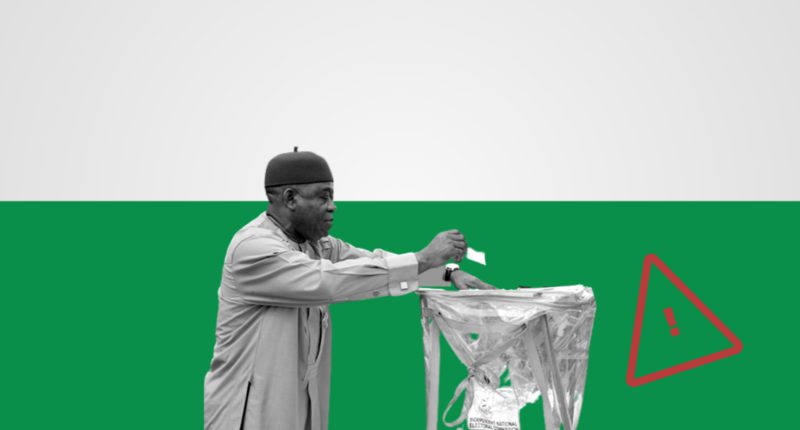Nigeria is preparing for its next general elections scheduled for 2023. While the country’s next President, Vice President, and members of the Senate will be elected on 25 February 2023, Nigeria would hold another round of election on 11th March 2023 for twenty-eight gubernatorial positions alongside members of the state houses of assembly in all 36 states.
To this regard, the Independence National Electoral Commission (INEC) lifted the lid on political campaigns for parties to popularize their respective candidates. The leading presidential candidate including Peter Obi of the Labour Party, Asiwaju Bola Tinubu of the All-Progressive Congress (APC) and Alhaji Atiku Abubakar of the People’s Democratic Party (PDP) have held rallies, attended interviews, released manifestos, among other activities to sway voters.
In the midst of all this politicking, there appears to be a concern for INEC as a recurrence of attacks on the commission’s offices continue. The most recent attacks were in Ebonyi and Imo State.
Why it matters
The recent attacks on the electoral body’s facilities highlight the security threats posed by non-state actors to the conduct of the 2023 general elections. And the need for the government to intensify security measures to eliminate threats by these non-state actors whose intentions are to sabotage the forthcoming elections.
The big picture
Although Nigerian security agencies have continued to assure citizens of their safety, it is no news that the security situation in the country is worrying and the security threat posed by non-state actors can limit the turnout of voters and INEC officials on Election Day.

